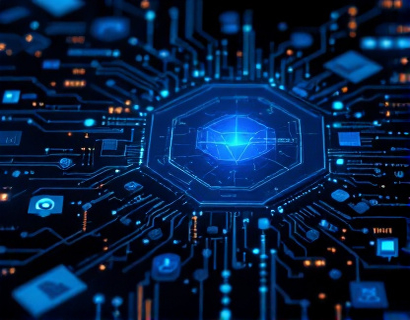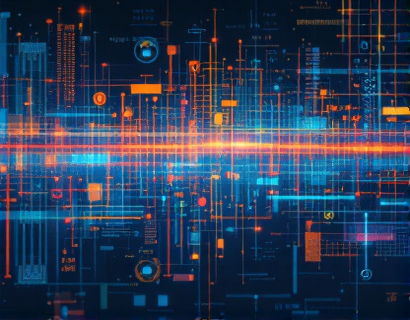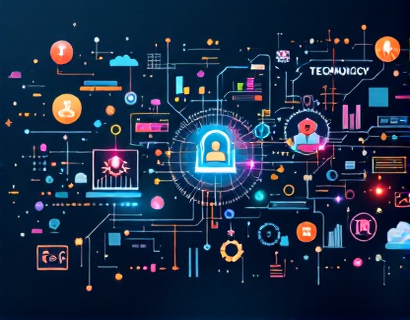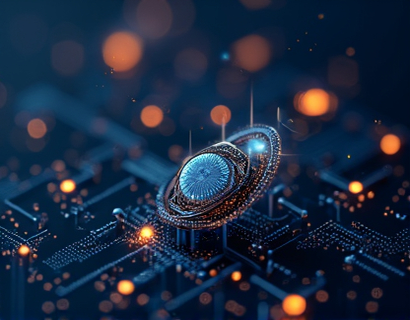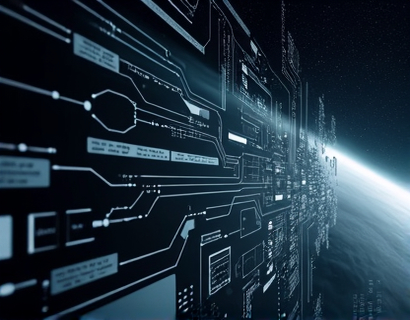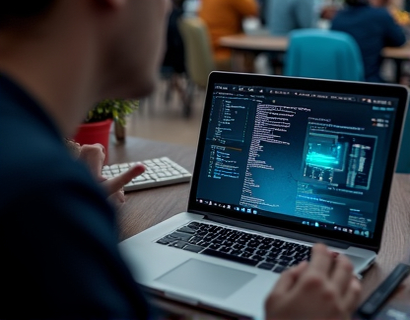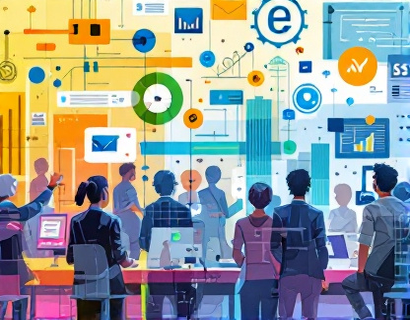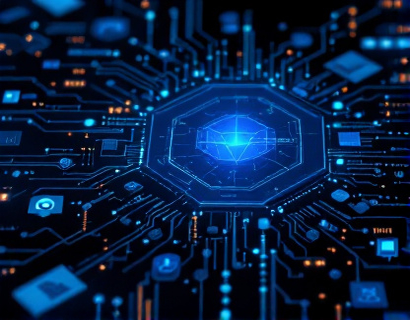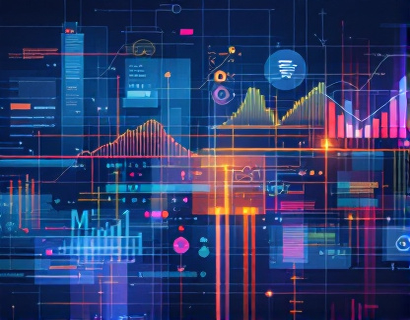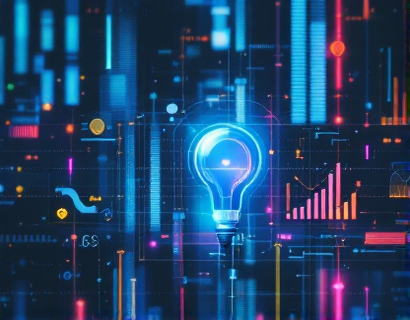Decentralized Productivity: Harnessing AI and Crypto for Next-Gen Business Efficiency and Innovation
The intersection of artificial intelligence and cryptocurrency is giving rise to a new paradigm in business efficiency and innovation. This emerging field, often referred to as decentralized productivity, leverages the strengths of both technologies to create advanced tools that redefine how we collaborate and manage tasks. This article delves into the synergy between AI and crypto, exploring how these technologies are being harnessed to build decentralized platforms that enhance productivity and foster innovation.
Decentralized productivity tools are designed to operate on blockchain networks, ensuring transparency, security, and autonomy. By integrating AI, these tools become smarter, more efficient, and capable of automating complex tasks. The result is a powerful combination that not only streamlines business operations but also opens up new possibilities for digital collaboration and creativity.
Understanding Decentralized Productivity
Decentralized productivity refers to the use of decentralized technologies, primarily blockchain, to create tools and platforms that operate without a central authority. This decentralization ensures that no single entity has control over the network, reducing the risk of censorship, fraud, and single points of failure. When AI is integrated into these decentralized systems, the potential for innovation and efficiency becomes immense.
Traditional productivity tools often rely on centralized servers, which can be vulnerable to attacks and outages. Decentralized tools, on the other hand, distribute data and processing across a network of nodes, making them more resilient and secure. This distributed nature also promotes transparency, as all transactions and interactions are recorded on a public ledger.
AI in Decentralized Systems
AI plays a crucial role in enhancing the capabilities of decentralized productivity tools. Machine learning algorithms can analyze vast amounts of data to identify patterns, predict trends, and automate decision-making processes. In a decentralized context, AI can be used to optimize resource allocation, improve user experiences, and ensure the smooth functioning of the network.
One of the key benefits of AI in decentralized systems is its ability to operate autonomously. Smart contracts, which are self-executing contracts with the terms directly written into code, can be enhanced with AI to make more informed and adaptive decisions. For instance, AI-driven smart contracts can dynamically adjust parameters based on real-time data, ensuring optimal performance and efficiency.
Case Studies: Decentralized Productivity Tools
Several innovative platforms are already leveraging the combination of AI and decentralization to redefine productivity. One notable example is Filecoin, a decentralized storage network that uses AI to optimize data storage and retrieval. By employing machine learning algorithms, Filecoin can predict storage demand and allocate resources efficiently, ensuring that data is stored securely and accessed quickly.
Another example is Swarm, a decentralized file-sharing network that uses AI to manage and distribute files across a global network of peers. Swarm's AI algorithms optimize file fragmentation and distribution, reducing latency and improving access speeds. This decentralized approach not only enhances performance but also ensures data integrity and privacy.
Enhancing Collaboration with Decentralized Tools
Collaboration is a critical aspect of modern business, and decentralized productivity tools are revolutionizing the way teams work together. Platforms like Polynet combine blockchain and AI to create a decentralized network for secure and efficient data sharing. Polynet's AI-driven consensus mechanisms ensure that data is verified and processed quickly, enabling seamless collaboration across different organizations and geographies.
Another platform, Arweave, focuses on decentralized data storage and computing. Arweave uses AI to manage data sharding and load balancing, ensuring that computational tasks are distributed evenly across the network. This not only improves performance but also reduces costs, making high-performance computing accessible to a broader range of users.
Challenges and Considerations
While the potential of decentralized productivity tools is vast, there are several challenges that need to be addressed. One of the primary concerns is scalability. Blockchain networks, by their nature, can be slow and expensive to scale. However, advancements in blockchain technology, such as layer 2 solutions and more efficient consensus algorithms, are helping to mitigate these issues.
Another challenge is the user experience. Decentralized tools often require a deeper understanding of blockchain and AI concepts, which can be a barrier for mainstream adoption. User-friendly interfaces and intuitive design are crucial to making these tools accessible to a wider audience. Education and community support also play a vital role in overcoming these challenges.
Future Prospects
The future of decentralized productivity is promising, with ongoing developments in both AI and blockchain technologies. As AI algorithms become more sophisticated, the ability of decentralized tools to automate and optimize processes will continue to improve. The integration of AI with other emerging technologies, such as the Internet of Things (IoT) and 5G, will further enhance the capabilities of decentralized platforms.
Moreover, the growing awareness and acceptance of decentralized technologies are paving the way for broader adoption. As more businesses and individuals recognize the benefits of decentralization, the demand for advanced productivity tools will increase. This, in turn, will drive innovation and the development of more robust and user-friendly decentralized solutions.
Conclusion
The convergence of AI and decentralization is ushering in a new era of business efficiency and innovation. Decentralized productivity tools powered by AI are transforming the way we collaborate, manage tasks, and handle data. While challenges remain, the potential benefits are significant, offering a more secure, transparent, and efficient alternative to traditional centralized systems. For tech innovators and early adopters, the future of decentralized productivity is an exciting frontier worth exploring.








